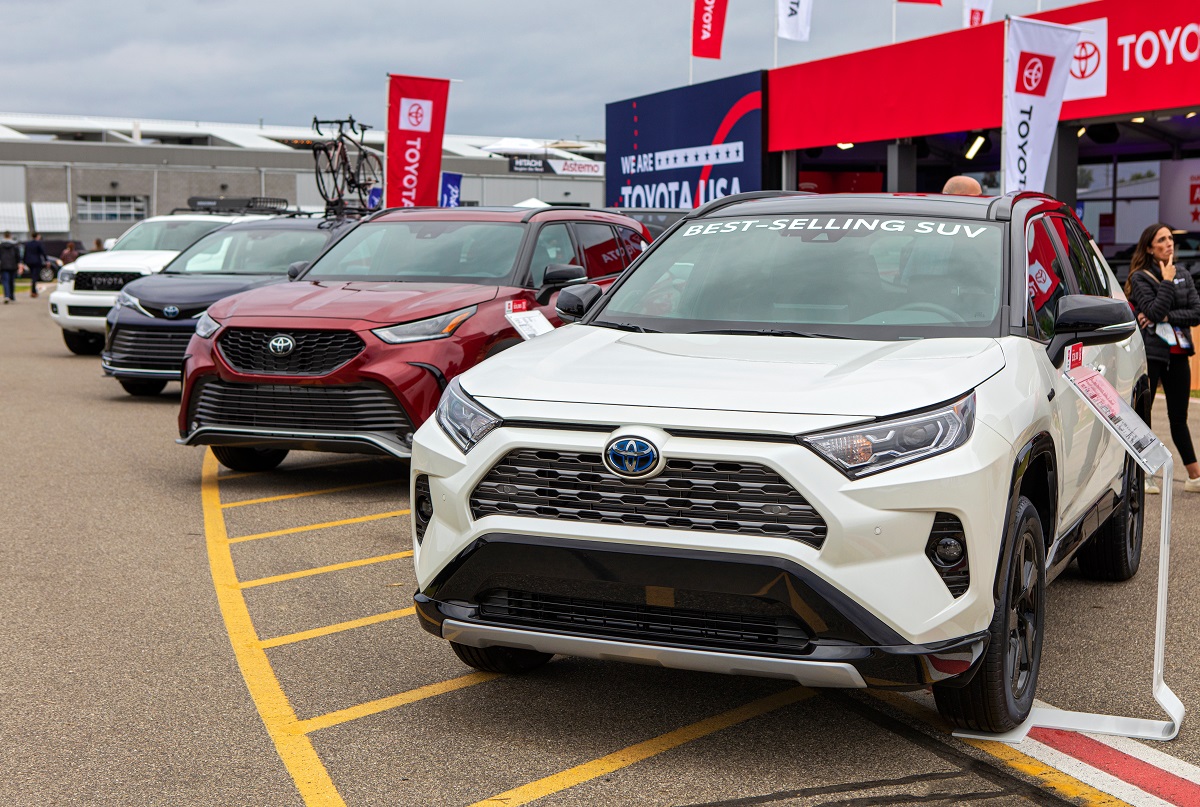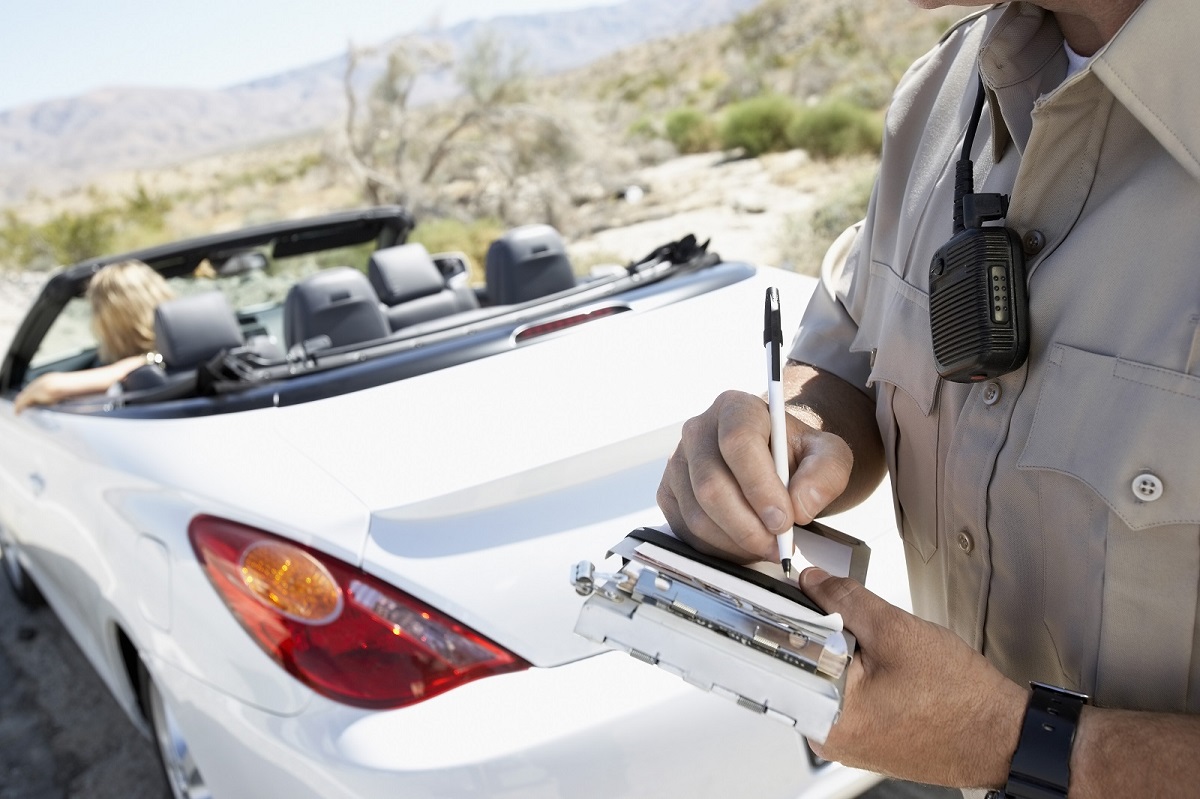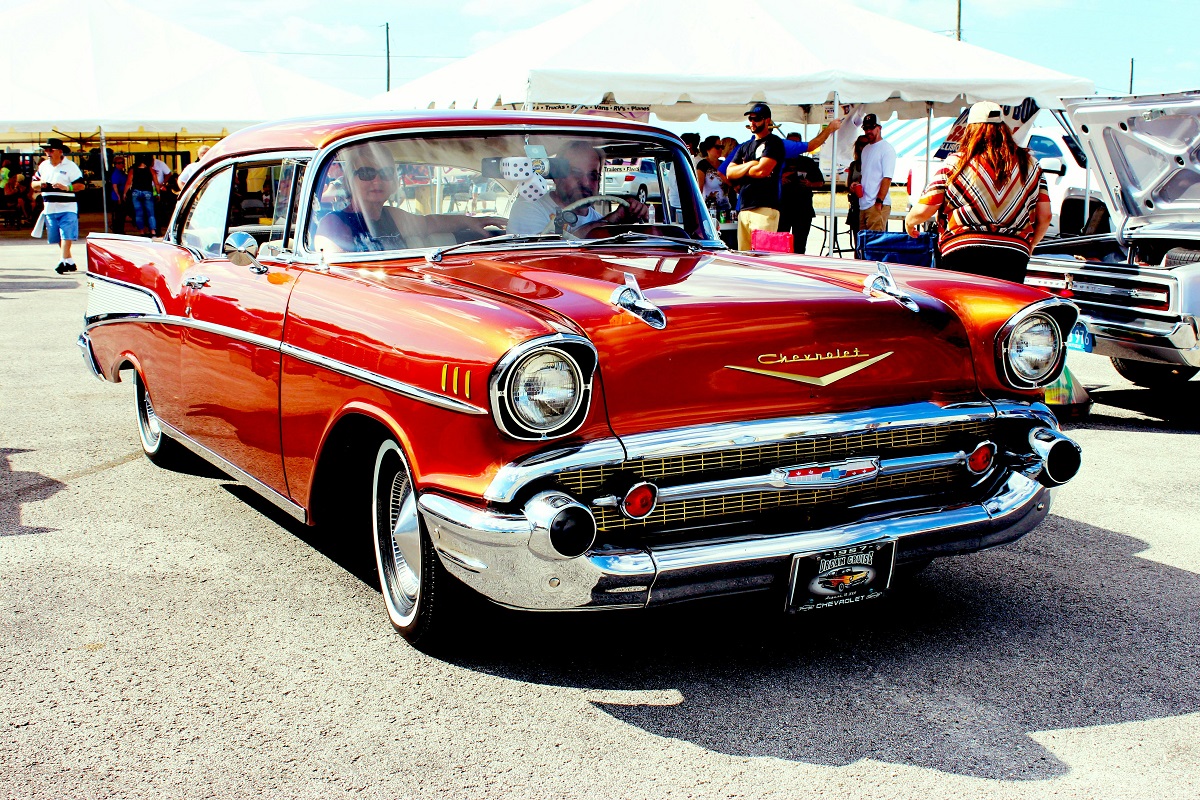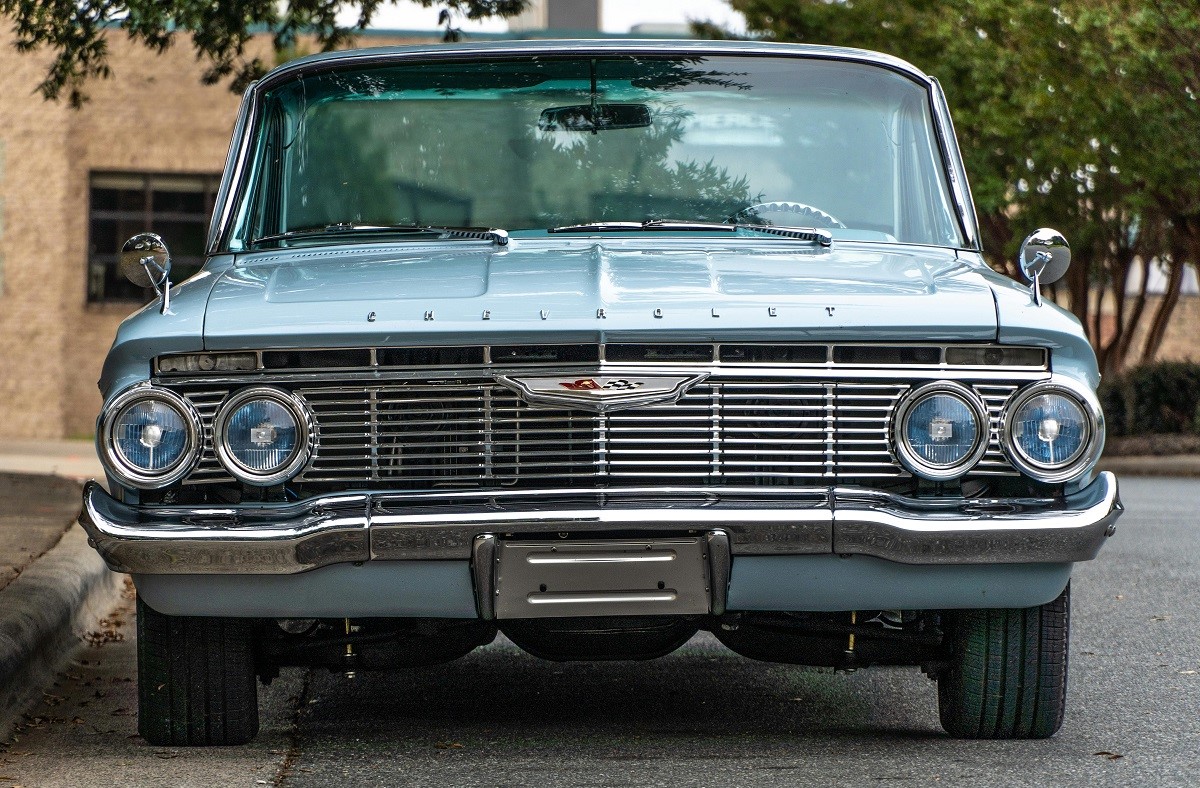Alright, let’s cut to the chase. You’re at the dealership, you’ve just picked out your dream car, and now the salesperson is pushing an extended warranty. You’re wondering, is it really worth the extra cash, or is it just another way for them to squeeze a few more bucks out of you?
1. What Exactly Is an Extended Warranty?

Featured Image Credit: Shutterstock / Pressmaster
An extended warranty, or service contract, kicks in after the manufacturer’s warranty expires. It’s meant to cover repairs and replacements for parts that might fail after the initial warranty period. Sounds great on paper, right? But there’s more to it.
2. The Real Cost

Image Credit: Shutterstock / jd8
Extended warranties can be pricey, ranging from a few hundred to several thousand dollars. Before you shell out, think about how much you’re already spending on the car. Do you want to add another significant expense?
3. Coverage Details

Image Credit: Shutterstock / BalanceFormCreative
Not all extended warranties are created equal. Some cover a broad range of issues, while others are very limited. It’s crucial to read the fine print to understand what’s actually covered and what’s excluded. Don’t assume everything is included.
4. Repair Statistics

Image Credit: Shutterstock / Artit Wongpradu
Modern cars are more reliable than ever. According to J.D. Power, vehicle dependability has significantly improved over the years. This means the likelihood of major repairs might be lower than you think, making an extended warranty less necessary.
5. Dealer Incentives

Image Credit: Shutterstock / PanuShot
Dealers push extended warranties hard because they’re profitable. They often get a commission for every warranty sold. Remember, their motivation is to make money, not necessarily to save you money.
6. Consumer Reports Insight

Image Credit: Shutterstock / NONGASIMO
Consumer Reports found that more than half of people who purchased extended warranties never used them. Those who did often found the repairs weren’t covered, or the savings didn’t offset the cost of the warranty. That’s a big red flag.
7. Peace of Mind

Image Credit: Shutterstock / Prostock-studio
For some, the peace of mind that comes with an extended warranty is worth the cost. If you’re the type who loses sleep over potential car repairs, it might be worth it for you. But if you’re comfortable with a bit of risk, you might be better off saving the money.
8. Self-Insurance

Image Credit: Shutterstock / SaiArLawKa2
Instead of buying an extended warranty, consider setting aside the same amount of money in a savings account. This “self-insurance” fund can cover unexpected repairs. If you never need it, the money is still yours.
9. Reliability Ratings

Featured Image Credit: Shutterstock / Darren Brode
Before buying any car, check its reliability ratings. Brands like Toyota and Honda are known for their long-term dependability. If you’re buying a car with high reliability, an extended warranty might be less necessary.
10. Manufacturer Warranties

Image Credit: Shutterstock / PanuShot
Remember, the manufacturer’s warranty is already covering you for the first few years. Many major issues will likely show up during this period, meaning you’re already protected without an additional warranty.
11. Third-Party Warranties

Image Credit: Shutterstock / VesnaArt
Consider third-party warranties, which can sometimes offer better coverage at a lower price than those from the dealership. Just make sure the third-party provider is reputable and reliable.
12. Negotiation

Image Credit: Shutterstock / Rawpixel.com
If you’re set on getting an extended warranty, don’t forget you can negotiate the price. Dealerships often mark up the cost, so there’s usually room to bring it down.
13. Transferability

Image Credit: Shutterstock / goodluz
Some extended warranties are transferable, which can be a selling point if you decide to sell your car before the warranty expires. This could potentially add value to your vehicle when selling it.
14. Exclusions and Limits

Image Credit: Shutterstock / Nestor Rizhniak
Extended warranties often come with a long list of exclusions and limits. Things like wear-and-tear items (brakes, tires) and regular maintenance are usually not covered. Be clear on what you’re actually getting.
15. Timing of Purchase

Image Credit: Shutterstock / Reshetnikov_art
You don’t have to buy an extended warranty when you buy the car. Most manufacturers and third-party providers allow you to purchase it before the original warranty expires. This gives you time to consider your decision carefully.
16. Claims Process

Image Credit: Shutterstock / Yulai Studio
The process of filing a claim can sometimes be cumbersome. Some warranties require you to use specific repair shops or get pre-approval for repairs, which can be a hassle.
17. Financial Position

Featured Image Credit: Shutterstock / Nattakorn_Maneerat
Consider your financial situation. If you have the savings to cover potential repairs, an extended warranty might not be necessary. However, if unexpected expenses would be a significant financial burden, the warranty could offer valuable protection.
18. Long-Term Ownership

Image Credit: Shutterstock / Roman Fenton
If you plan to keep your car for a long time, an extended warranty might make more sense. The likelihood of needing repairs increases with the car’s age and mileage.
19. Tech and Gadget Coverage

Image Credit: Shutterstock / Max kegfire
Modern cars are packed with technology that can be expensive to repair. If your car is loaded with high-tech features, an extended warranty that covers electronics might be worth considering.
20. Real-Life Experiences

Image Credit: Shutterstock / Hryshchyshen Serhii
Talk to friends, family, or online communities about their experiences with extended warranties. Real-world feedback can provide insights that you won’t find in the sales brochure.
The Bottom Line

Image Credit: Shutterstock / Roman Seliutin
Extended warranties can provide peace of mind, but they come at a cost. Weigh the pros and cons, consider your financial situation, and think about the reliability of your car. Sometimes, it might be better to take the gamble and keep that extra cash in your pocket. Are you ready to make the call?
Police Magnet: 7 Cars That Guarantee You’ll Get Pulled Over

Image Credit: Shutterstock / sirtravelalot
Driving certain cars can make you more noticeable to law enforcement, even if you’re abiding by all the rules. Are you driving one of these “police magnets”? Here are seven cars that seem to attract more police attention than others. Police Magnet: 7 Cars That Guarantee You’ll Get Pulled Over
The Classic Cars That Were Total Clunkers

Image Credit: Pexels / Pixabay
Nostalgia has a funny way of making the past seem better than it was, especially when it comes to cars. But here’s the hard truth: some of those “classic” cars your dad raves about were real clunkers. Here’s a closer look at why some of those so-called “classics” weren’t all they were cracked up to be. The Classic Cars That Were Total Clunkers
The Worst U.S. Cars Ever Made: A Retro List

Image Credit: Pexels / Be The Observer
The U.S. auto industry has produced some incredible vehicles, but not every model was a hit. Here’s a look back at 16 of the worst cars ever made in the U.S., each infamous for its own unique flaws. The Worst U.S. Cars Ever Made: A Retro List
Featured Image Credit: Shutterstock / inewsfoto.
For transparency, this content was partly developed with AI assistance and carefully curated by an experienced editor to be informative and ensure accuracy.
The images used are for illustrative purposes only and may not represent the actual people or places mentioned in the article.



